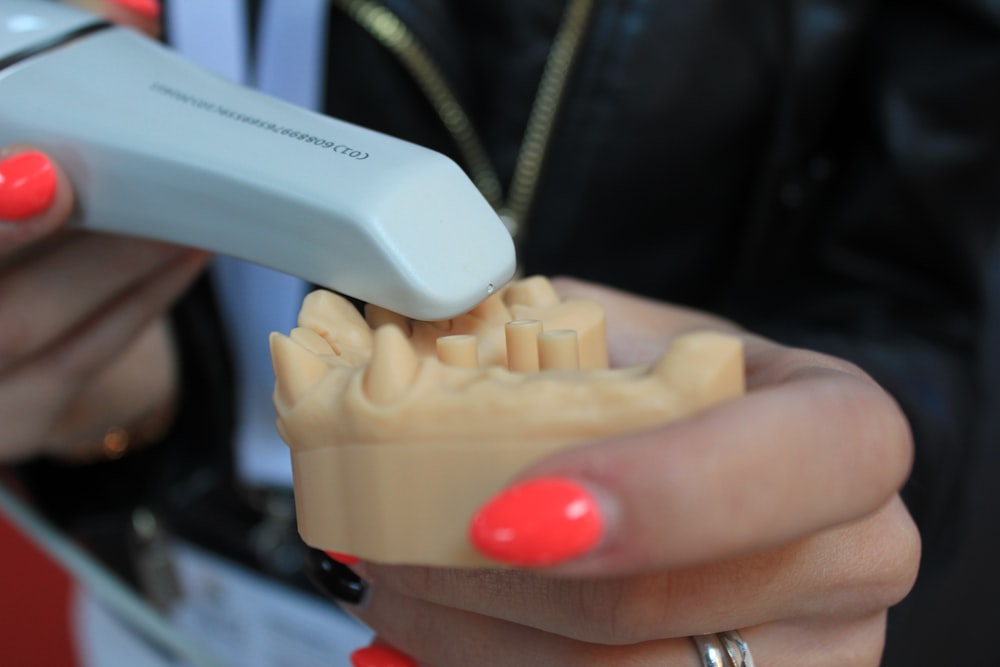Adopt Mindful Eating
Mindful eating is about being present with your food, savoring each bite, and paying attention to hunger and fullness cues. By focusing on eating slowly and without distractions, like TV or smartphones, you can become more aware of your body’s signals. This approach can help prevent overeating and encourage you to enjoy your meals more. When you eat mindfully, you’re less likely to eat out of boredom or stress, which often leads to unnecessary calorie consumption.
To practice mindful eating, start by placing your fork down between bites and chewing your food thoroughly. Notice the textures and flavors of your food. This can help you feel more satisfied with smaller portions and reduce the likelihood of snacking between meals.
Increase Water Intake
Drinking more water is a simple yet powerful way to support weight loss without dieting. Sometimes, thirst can be mistaken for hunger, leading to unnecessary eating. By staying well-hydrated, you can prevent this confusion and keep your appetite in check.
Aim to drink at least eight glasses of water a day. You can also boost your water intake by consuming water-rich foods like cucumbers, watermelon, and oranges. Drinking a glass of water before meals can also help you feel fuller, which might lead to eating smaller portions.
Improve Sleep Quality
Getting enough quality sleep is crucial for weight management. Poor sleep can disrupt hunger hormones, making you feel hungrier and increasing cravings for high-calorie foods. Lack of sleep also affects your metabolism and energy levels, leading to weight gain over time.
To improve sleep quality, establish a consistent sleep schedule by going to bed and waking up at the same time every day. Create a relaxing bedtime routine, such as reading a book or taking a warm bath, and minimize screen time before bed. Creating a comfortable sleep environment with a cool, dark room and a supportive mattress can also enhance your sleep quality.
Incorporate Physical Activity
While this article focuses on losing weight without dieting, incorporating physical activity into your routine can be very effective. It doesn’t have to be intense exercise; even moderate activities like walking, gardening, or stretching can make a difference.
Find activities you enjoy and make them a regular part of your day. Taking the stairs instead of the elevator, walking or biking for short errands, or doing yoga can help increase your overall energy expenditure. Regular physical activity can also improve your mood and boost your metabolism.
Choose High-Protein Foods
Increasing your intake of protein can help with weight management by keeping you full longer. Protein has a higher satiety factor compared to carbohydrates and fats, meaning it can help you feel more satisfied and reduce cravings for unhealthy snacks.
Incorporate high-protein foods into your meals and snacks. Options include lean meats, fish, eggs, dairy products, legumes, and nuts. For a quick protein boost, try Greek yogurt, a handful of almonds, or a protein smoothie. Balancing your meals with adequate protein can help control hunger and support healthy weight














